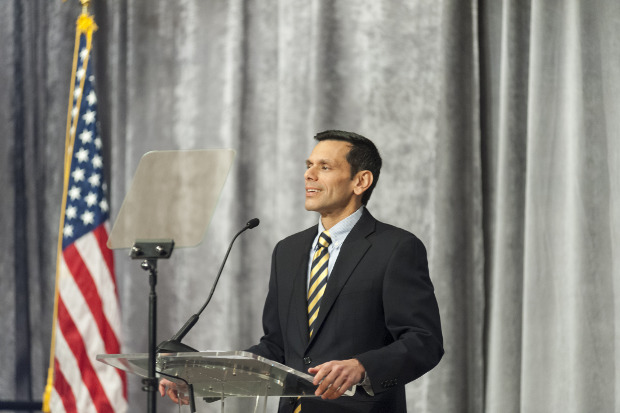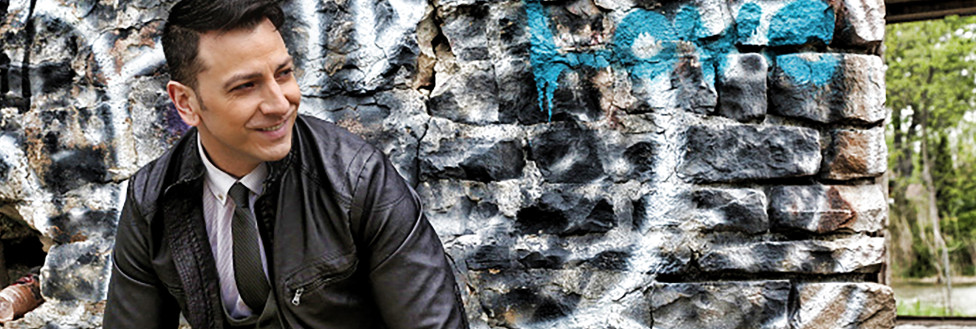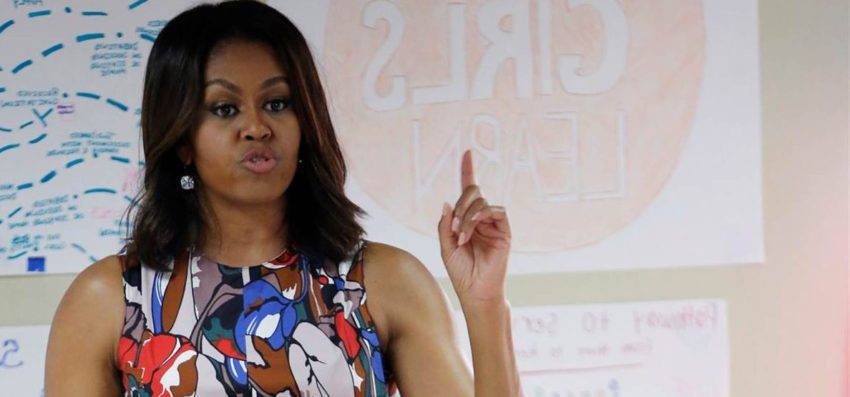Rao Robs VCU Students, Teachers
Michael Rao, 51, is the fifth president of Virginia Commonwealth University (VCU) and was appointed to this position in 2009. Rao has been granted annual…
Michael Rao, 51, is the fifth president of Virginia Commonwealth University (VCU) and was appointed to this position in 2009. Rao has been granted annual raises of 4% since 2016. These salary increases have placed Rao among the fifty highest payed university presidents in the country. As of the 2016-2017 school year, he was the 43rd highest payed university president, with his total compensation for that school year reaching $690,943, placing him above Teresa Sullivan, former president of the University of Virginia, Timothy Sands of Virginia Tech, and W. Taylor Reveley, III of the College of William and Mary. Recently, Rao was afforded a bonus for the 2018-2019 year, by VCU’s board of visitors, adding 14% of his salary to his annual pay. This was a move decided on behind closed doors, in violation of Virginia’s open meetings law, which prompted the school to issue an apology.

Meanwhile, there are professors at Virginia Commonwealth University who are paid an average of $10,000 a year. This is the life of an adjunct professor, not just at VCU, but at universities across the country. The national average for adjunct professors’ annual pay was approximated by the American Association of University Professors to be $20,508. Recently, adjunct professors at VCU were granted a raise from $800 to $1,000 per credit hour, amounting to a raise of approximately $600 dollars per semester for the average adjunct professor. VCU retains 2,048 full time faculty members, as well as contracts 1,205 adjunct professors. Of the 2,048 full time staff, 1,097 of them are actually employed using short term, as in 1-5 year, contracts. The university exploits these contracts and uses them to create an environment in which adjunct professors are reliant on the university for work. These contracted laborers face increasing workloads as well as stagnating pay rates, and generally see little career mobility, upwards or otherwise. This reflects the national trend of universities relying more and more on contract and adjunct-based instructional labor in order to increase the surplus wealth of the university. A professor at the University of Virginia, who asked to remain anonymous, remarked that “You cannot live on $2000/course (or less) with no benefits. And yet many of us are asked to do just that. Job insecurity and persistent worry about my future and my friends’ futures takes a psychological toll.”
The money to increase Rao’s salary comes, in part, from the over 31,000 students who attend and pay tuition to VCU. These students are subject to a 6.4% increase to their tuition in the 2018-2019 academic year, after facing a 3.8% increase the year before. This increasing burden is further heightened for out-of-state and international students, as their tuition rates are on average twice that of in-state students. This increased tuition goes in part to the much-needed faculty raises that the university is implementing, but it is important to note that these tuition increases also serve to boost Michael Rao’s ever-increasing paycheck. Considering this, along with the yearly tuition spikes as well as the school’s nearly 2-billion-dollar endowment, faculty raises could be higher. Rising tuition does not provide tangible benefits to students, then, as their professors are not experiencing well enough the effects that this capital could provide, as the money is diverted towards Rao. This, too, follows a national trend of increasing tuition rates for both in and out-of-state students and represents the increasingly consumerist nature of higher education, wherein higher education is run as a business, students are seen as consumers, and education is the product being sold.
VCU is experiencing an increasing student body, which creates demands within the university. The school has tried to accommodate for this with a model in which an increasing student body requires an expanded faculty. This faculty is found, mostly, in contracted labor, and is meant to be paid via an increasing tuition pool. However, this model is currently functioning less efficiently than it could. VCU currently functions in a way such that the majority of surplus value, or gained wealth, flows to the top of the university. This problem arises when wealth is diverted to the already lined pockets of the university president, in a closed-door meeting. That this gross misappropriation of funding has been allowed to go on at all is an insult to students and staff at VCU, but that it happened in a secret, closed door meeting is wholly unacceptable. The students and teachers who make their education possible should not be the ones to pay for these misuses of wealth. Students should know that their ever-increasing tuition is going where it should, their professors and this investment in their future, and not their mega-rich president.
By: Jackson Gibbs
Disclaimer: The views, opinions and positions expressed by the authors and those providing comments, opinions on this website are theirs alone, and do not necessarily reflect the views, opinions or positions of M-Lifestyle and their affiliates. M-Lifestyle does not claim ownership of any images used, unless otherwise specified.
![]()






